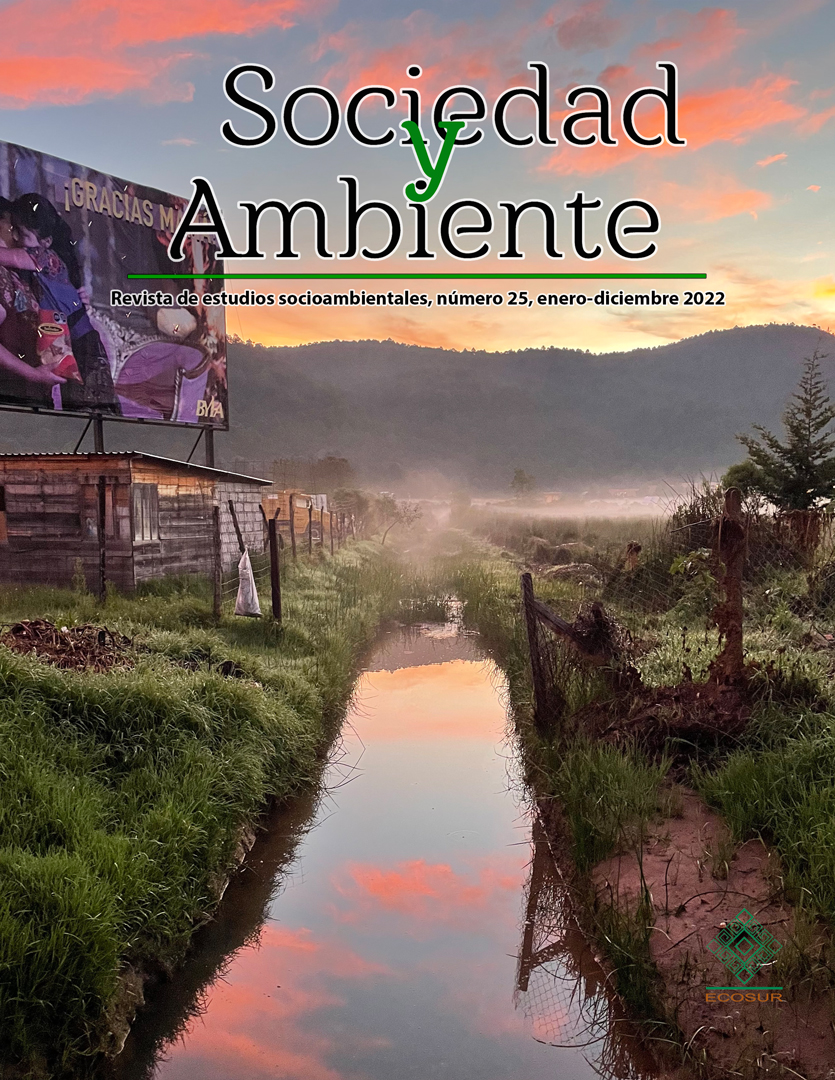Abstract
The climate integrates processes that allow the existence of life, but anthropogenic activities have modified it. This article aims to analyze the factors, with emphasis on climate change (CC), that impact human-animal interaction (HAI) and modify zoonoses, as well as examine the international commitments adopted. We carried out systematic searches through platforms and digital libraries with the support of keywords, analyzed the information, and generated conclusions. The effect of CC on zoonoses is notable in changes in the distribution of vectors and pathogens, the appearance of emerging and re-emerging diseases, and contaminated food. The international commitments focused on CC and health are diverse; they range from the United Nations Framework Convention on Climate Change and the Conference of the Parties to the Convention on Biological Diversity and the United Nations Conference on Sustainable Development. We conclude that the CC changes the HAI and exacerbates threats from zoonotic diseases, especially in vulnerable countries, by which climate and health policies are needed based on the needs of each country but binding. The biosphere will be maintained if cooperation between countries ensures biodiversity conservation and sustainable use.

Sociedad y Ambiente by ECOSUR is licensed under a Creative Commons Reconocimiento-NoComercial-SinObraDerivada 2.5 México License


